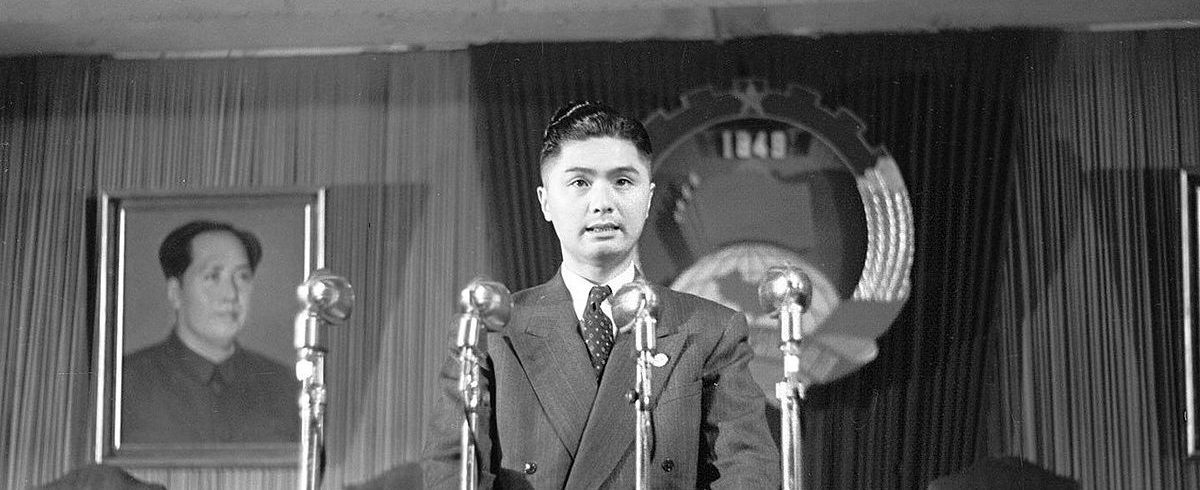While I never knew him, I would much have liked to. Rong Yiren was a true entrepreneur. Rong’s family had created one of the largest businesses in China. When his family fled from China in 1949 as the communists took it over, Rong stayed to run the 24 flour mills, and various dyeing, printing and textile factories he owned employing some 80,000 people. He presented himself as a patriotic capitalist who had remained to help China end its poverty. He astutely handed over large stakes in his family’s business in exchange for becoming the vice-mayor of Shanghai and in 1959 vice-minister for the textile industry. He used his guanxi, or personal connections, to survive the Cultural Revolution. His companies were confiscated and he was reduced to doing medial work, but his connections shielded him from further terror.
His dogged conviction that China would discover capitalism was finally proven right when Deng Xiaoping decided to experiment with capitalism and enlisted Rong to lead the way. In 1979, he founded CITIC which swept up telecoms, utilities and highways. When Deng in the 1980s set up the Special Economic Zones in Guangdong and Fujian, CITIC was there first to exploit the property boom.
Mr. Rong’s conglomerate now boasts assets of more than 51 billion yuan ($6.3 billion) and 200 affiliated enterprises, including airlines, Hong Kong banks, timber operations and Australian aluminum smelting. These assets made him a billionaire.
Mr. Rong passed away on October 26, aged 89.

